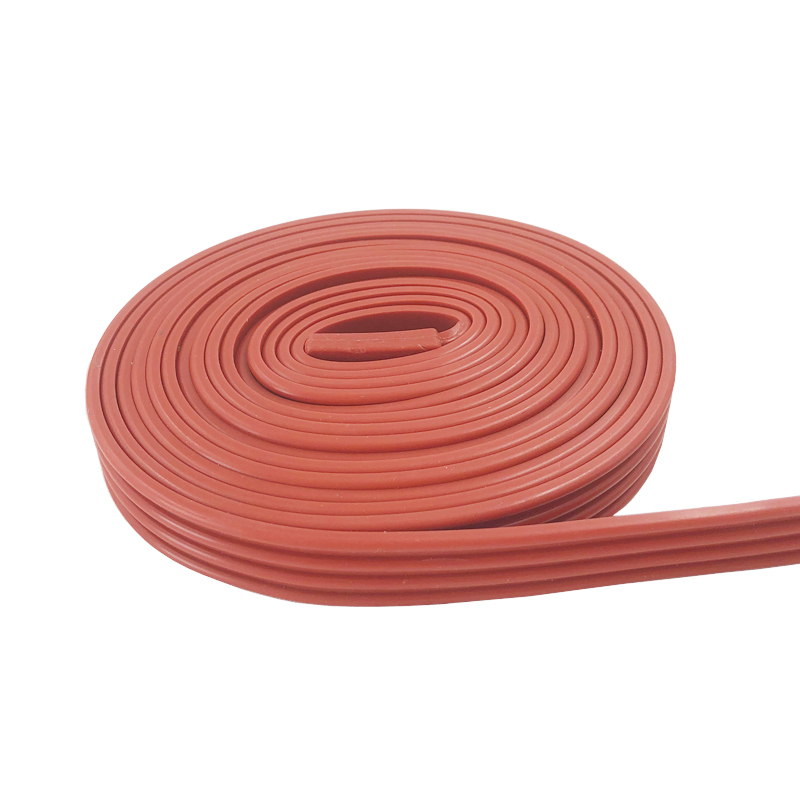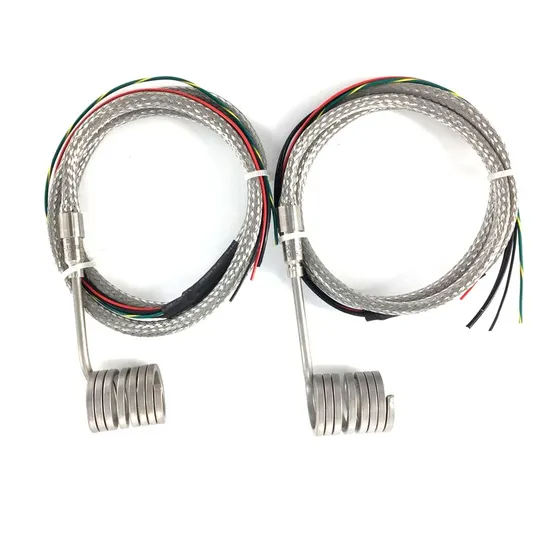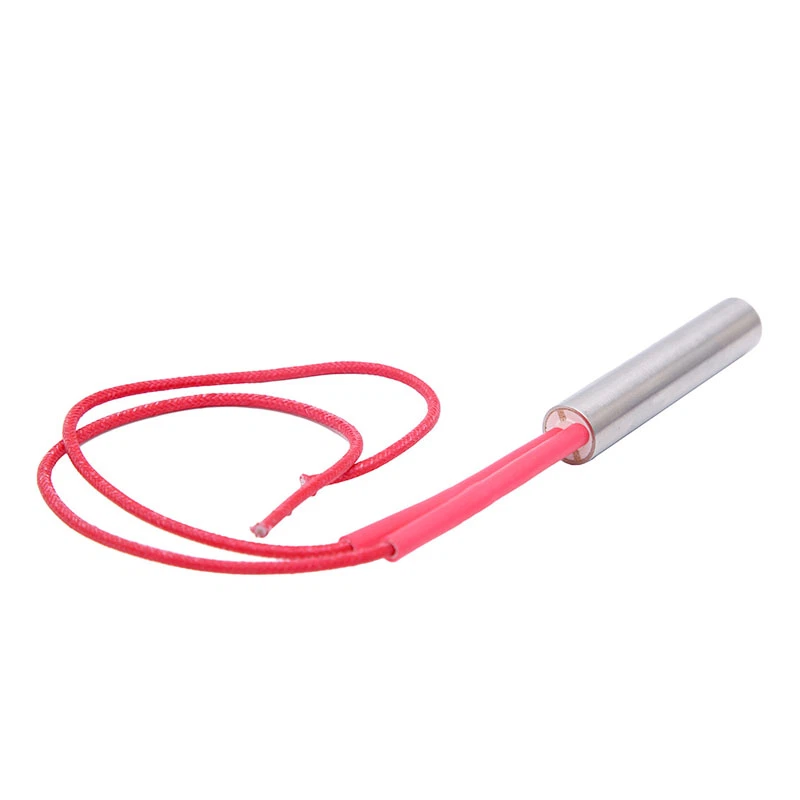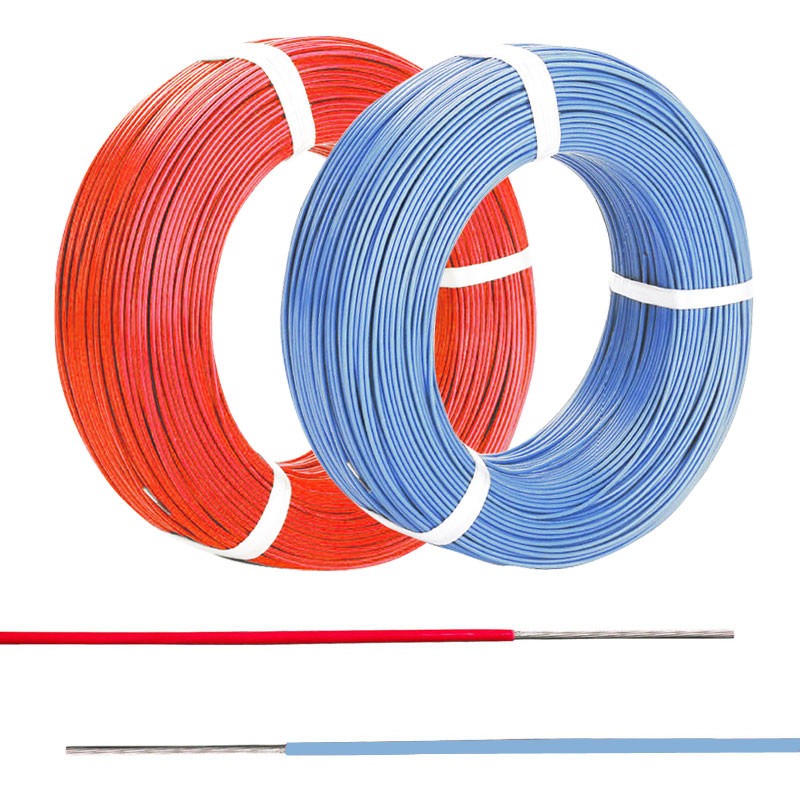Silicone fiberglass cable is becoming increasingly popular for applications that deal with extreme heat. Unlike traditional cable insulation materials that melt or become brittle at high temperatures, silicone fiberglass cables offer exceptional heat resistance, making them a reliable and safe choice for various demanding environments.
Let’s explore the five key benefits of using a silicone fiberglass cable in high-temperature applications:
- Exceptional Heat Resistance:
The primary advantage of silicone fiberglass cables is their ability to withstand scorching temperatures. Here’s a breakdown:
- Silicone Rubber Insulation: Silicone rubber, the core insulator in these cables, boasts remarkable thermal stability. It can continuously operate at temperatures ranging from -60°C (-76°F) to a staggering +200°C (+392°F).
- Fiberglass Braid: The additional layer of fiberglass braid further enhances heat resistance. Fiberglass inherently possesses excellent thermal insulation properties.
This exceptional heat tolerance makes silicone fiberglass cables ideal for various high-temperature applications, including:
- Industrial Ovens and Furnaces: These cables can withstand the intense heat generated by industrial ovens and furnaces, ensuring reliable power delivery to control systems and monitoring equipment.
- Power Generation: In power plants, silicone fiberglass cables can be used for critical connections near boilers, turbines, and other heat-generating machinery.
- Welding Equipment: These cables can handle the high heat associated with welding processes, providing safe and reliable power for welding tools.
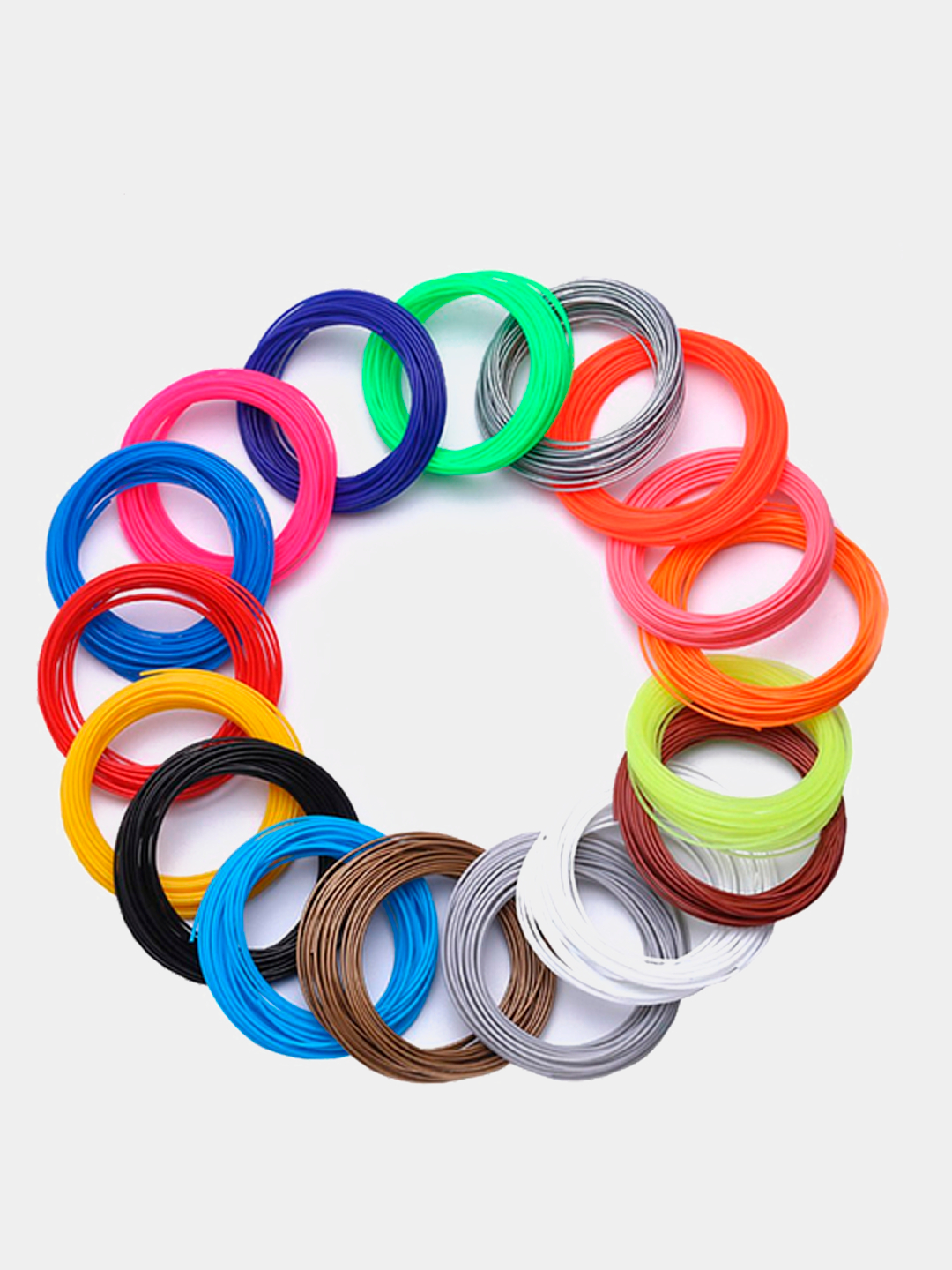
- Superior Flame Retardance:
Safety is paramount, especially when dealing with high temperatures. Silicone fiberglass cables excel in this area:
- Self-Extinguishing: Silicone rubber is a self-extinguishing material. This means it won’t continue burning once the source of ignition is removed, minimizing fire risks.
- Low Smoke Emission: In the unlikely event of a fire, silicone fiberglass cables generate minimal smoke, improving visibility and reducing the risk of inhalation hazards.
These flame-retardant properties make silicone fiberglass cables perfect for applications where fire safety is crucial, such as:
- Aerospace and Defense Industries: These cables are used in aircraft and military equipment due to their ability to withstand extreme temperatures and minimize fire risks.
- Mass Transit Systems: In trains, buses, and other mass transit vehicles, silicone fiberglass cables can be used for critical electrical connections where fire safety is a top priority.
- Building Construction: These cables can be used in high-rise buildings and other structures with stringent fire safety regulations.
- Enhanced Flexibility and Durability:
Silicone fiberglass cables offer a winning combination of flexibility and resilience:
- Silicone Rubber: Silicone rubber is known for its elasticity, allowing for easy cable routing and installation, even in tight spaces. This flexibility is maintained even at high temperatures.
- Fiberglass Braid: While offering heat resistance, the fiberglass braid also provides structural reinforcement, making the cable more resistant to wear and tear.
This unique blend of flexibility and durability makes silicone fiberglass cables well-suited for:
- Robotics and Automation: The flexibility allows for easy integration into robotic arms and automated machinery that move in various directions.
- Medical Equipment: These cables can be used in medical devices that require movement and manipulation without compromising performance or safety.
- Harsh Environments: The durability of these cables makes them suitable for harsh environments with exposure to dust, moisture, and vibrations.
- Chemical Resistance:
Many high-temperature environments also involve exposure to harsh chemicals. Silicone fiberglass cables can handle these challenges:
- Silicone Rubber: Silicone rubber exhibits excellent resistance to a wide range of chemicals, including oils, solvents, and acids. This resistance prevents cable degradation and ensures reliable performance.
This chemical resistance makes silicone fiberglass cables a great choice for:
- Chemical Processing Plants: These cables can be used for control systems and equipment monitoring in chemical plants where exposure to various chemicals is a constant factor.
- Oil and Gas Industry: In refineries and other oil and gas facilities, silicone fiberglass cables can withstand exposure to oils and other chemicals without degrading.
- Food Processing Facilities: The chemical resistance makes these cables suitable for use near food processing equipment where hygiene and sanitation are paramount.
- Long Service Life:
Silicone fiberglass cables are built to last:
- Heat and Flame Resistance: The exceptional heat and flame resistance of these cables contribute to a longer lifespan. They can withstand high temperatures and harsh environments without degrading quickly.
- Durability and Chemical Resistance: The durability and chemical resistance properties further extend the service life of these cables. They can endure wear and tear, chemical exposure, and maintain reliable performance for extended periods.


